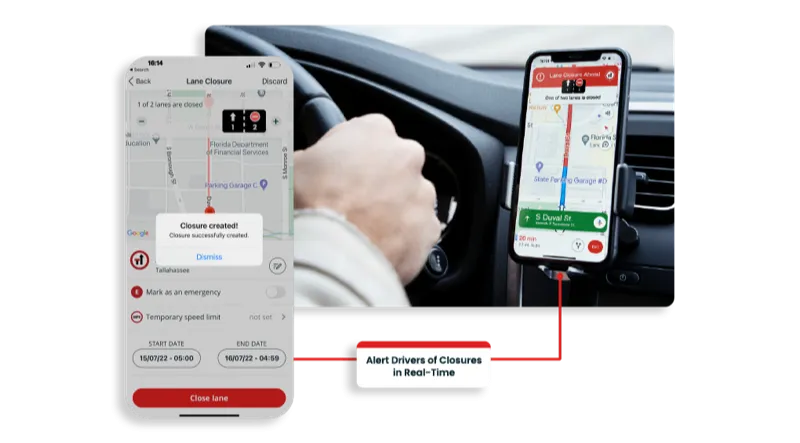The Arizona Department of Transportation (ADOT) has selected Connect 202 Partners as the preferred developer for its first highway public-private partnership, the Loop 202 South Mountain Freeway. The consortium includes Fluor Enterprises, Granite Construction and Ames Construction, with Parsons Brinckerhoff as the lead designer.
The South Mountain Freeway will be constructed with four lanes in each direction - three general-use lanes and one HOV lane - and includes modern features including rubberised
January 4, 2016
Read time: 2 mins
The 6576 Arizona Department of Transportation (ADOT) has selected Connect 202 Partners as the preferred developer for its first highway public-private partnership, the Loop 202 South Mountain Freeway. The consortium includes 2248 Fluor Enterprises, 7973 Granite Construction and Ames Construction, with 4983 Parsons Brinckerhoff as the lead designer.
The South Mountain Freeway will be constructed with four lanes in each direction - three general-use lanes and one HOV lane - and includes modern features including rubberised asphalt and aesthetics designed in partnership with the community.
While the freeway will not be a toll road, the public-private partnership will allow ADOT to construct the project at an accelerated pace and at a lower cost.
This public-private partnership will reduce costs to taxpayers while accelerating construction. Typically, a project of this magnitude would be split into several smaller projects, but the South Mountain Freeway will be completed as a single project by one contracting team and remains on track for construction to begin in summer 2016. ADOT is expected to finalise the contract with Connect 202 Partners by mid-February. Construction is expected to take up to four years to complete.
“While ADOT has successfully built and managed hundreds of miles of freeways in the Phoenix metropolitan area, following a public-private partnership path for the first time was an appropriate tool for the South Mountain Freeway,” ADOT director John Halikowski said. “ADOT will be able to complete this much-needed project sooner as a result, while increasing the likelihood of saving taxpayer dollars.”
“The South Mountain Freeway is a critical piece of the MAG freeway program,” said Scottsdale Mayor Jim Lane, chair of the Maricopa Association of Governments Regional Council. “The freeway has been included in the voter-approved Regional Transportation Plan since 1985 and will provide improved mobility for residents in the MAG region. The design, construction and maintenance of the freeway by a private developer is a unique and innovative approach to delivering this important project.”
The South Mountain Freeway will be constructed with four lanes in each direction - three general-use lanes and one HOV lane - and includes modern features including rubberised asphalt and aesthetics designed in partnership with the community.
While the freeway will not be a toll road, the public-private partnership will allow ADOT to construct the project at an accelerated pace and at a lower cost.
This public-private partnership will reduce costs to taxpayers while accelerating construction. Typically, a project of this magnitude would be split into several smaller projects, but the South Mountain Freeway will be completed as a single project by one contracting team and remains on track for construction to begin in summer 2016. ADOT is expected to finalise the contract with Connect 202 Partners by mid-February. Construction is expected to take up to four years to complete.
“While ADOT has successfully built and managed hundreds of miles of freeways in the Phoenix metropolitan area, following a public-private partnership path for the first time was an appropriate tool for the South Mountain Freeway,” ADOT director John Halikowski said. “ADOT will be able to complete this much-needed project sooner as a result, while increasing the likelihood of saving taxpayer dollars.”
“The South Mountain Freeway is a critical piece of the MAG freeway program,” said Scottsdale Mayor Jim Lane, chair of the Maricopa Association of Governments Regional Council. “The freeway has been included in the voter-approved Regional Transportation Plan since 1985 and will provide improved mobility for residents in the MAG region. The design, construction and maintenance of the freeway by a private developer is a unique and innovative approach to delivering this important project.”









